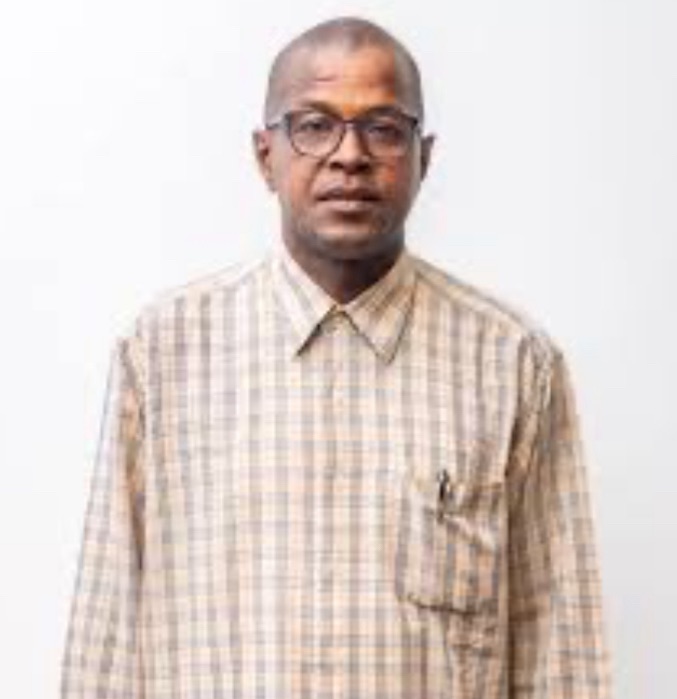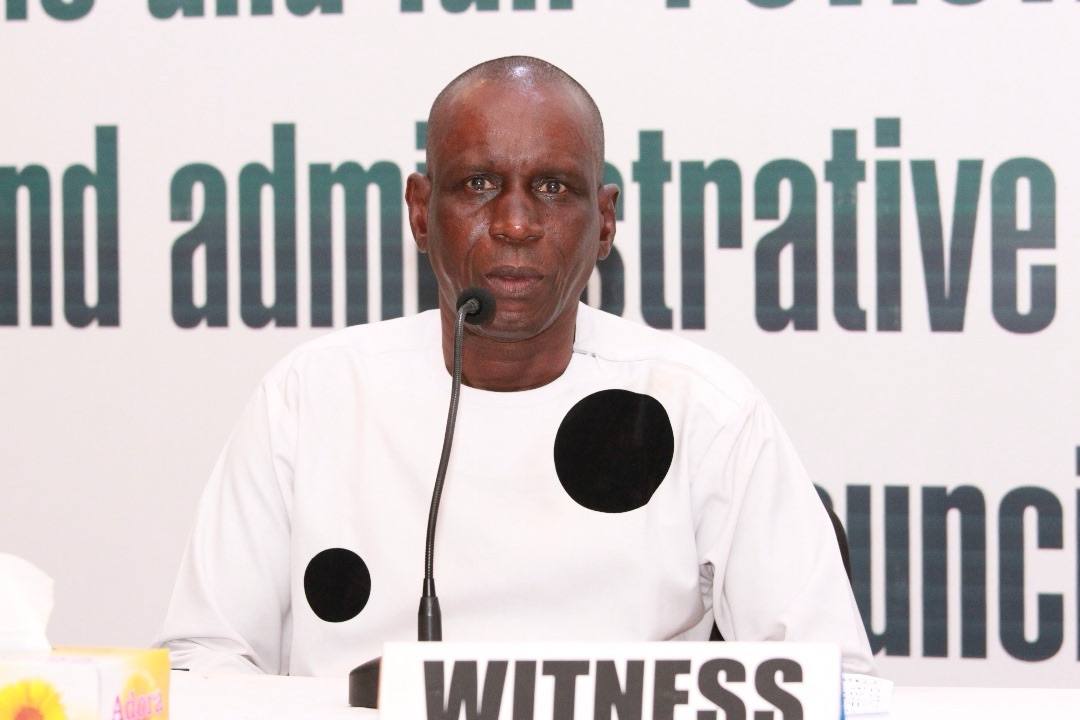By: Haruna Kuyateh
The Agency for the Development of Women and Children (ADWAC) with support from Wetland International’s Dakar Office recently brought together duty bearers and right-holders to dialogue on the restoration of mangroves.
The two-day interface, held at ADWAC’s conference hall in Kerewan, formed part of the agency’s two-year project dubbed Integrated Sustainable Mangrove Ecosystem Restoration and Management in Nuimi and JokadouNational Parks and the idea was to help build upon the outcomes and facilitate comprehensive follow-up and resolution strategies
The Executive Director of ADWAC, Mam Samba Joof,noted that the aim of the dialogue was to foster constructive engagement between rights-holders and duty-bearers in addressing the challenges of mangroverestoration.
He explained that the project will work with stakeholders to restore, increase, and protect mangrove forest cover by plantation, conservation, rehabilitation, and regeneration of degraded mangroves as well as establish woodlots as a source of fuelwood.
Mr. Joof thanked the EU for bankrolling the two-day eventas well as enabling honey harvesters, oyster collectors,and fishermen to interact with staff from the Department of Parks and Wildlife, saying the engagement will contribute “a lot to the protection of mangroves and the creation ofmore breeding ground for fish and oysters”. The outcomes of the dialogue, he continued, will help in the development of strategies and interventions to overcome the constraints.
ADWAC’s Livelihood Manager, Mr Mustapha Dumbuya,reiterated the need for a strong partnership in the protection of wetlands and by extension, more sanctuary for fish and other wildlife species.
Chairman of Kerewan Area Council, Papa Tunkara,thanked ADWAC for the interface, saying it would enhance social cohesion.
He gave the assurance of his council’s support.
The Manager of Nuimi National Park, Sarjo Manneh,spoke on the significance of mangroves and the need foroyster collectors and fishermen to support restoration efforts.
He lamented that depleted mangrove cover remains a challenge and called for more support towards restoration.
The interface was attended by councilors, honey harvesters, oyster collectors, fishermen, wildlife staff, and volunteers.
It centered on the importance of the mangrove ecosystem, ecosystem management strategies, sharing experiences, exploring sustainable practices, and balancing conservation and livelihood.





